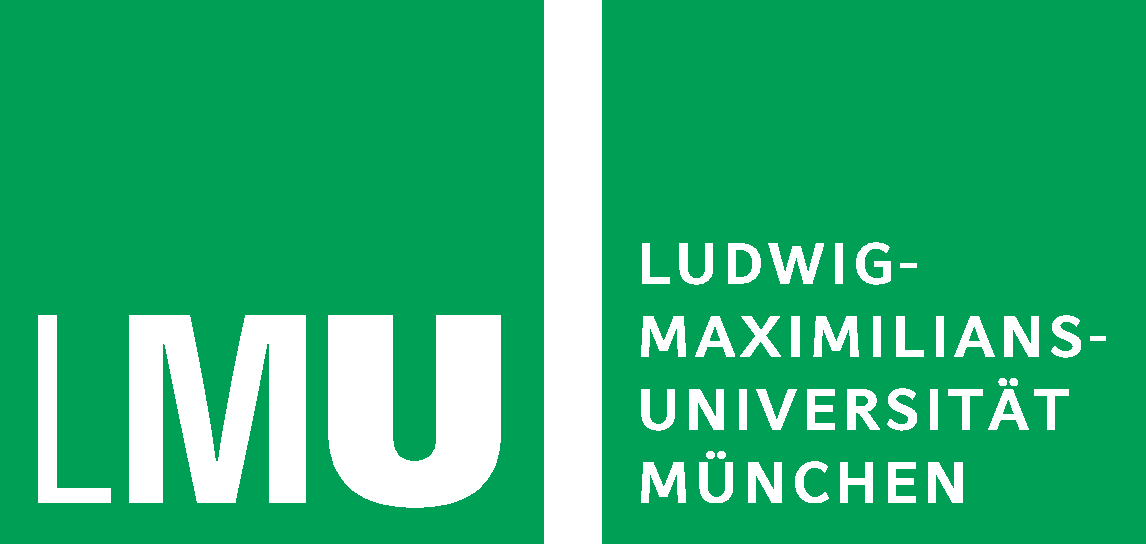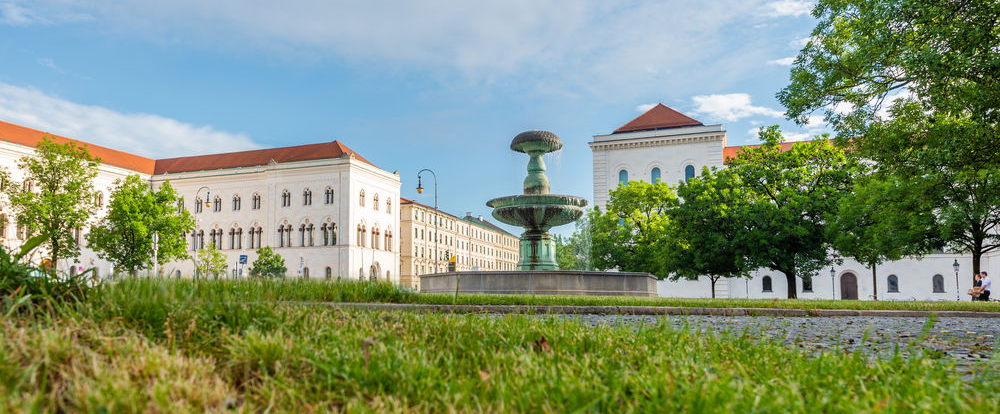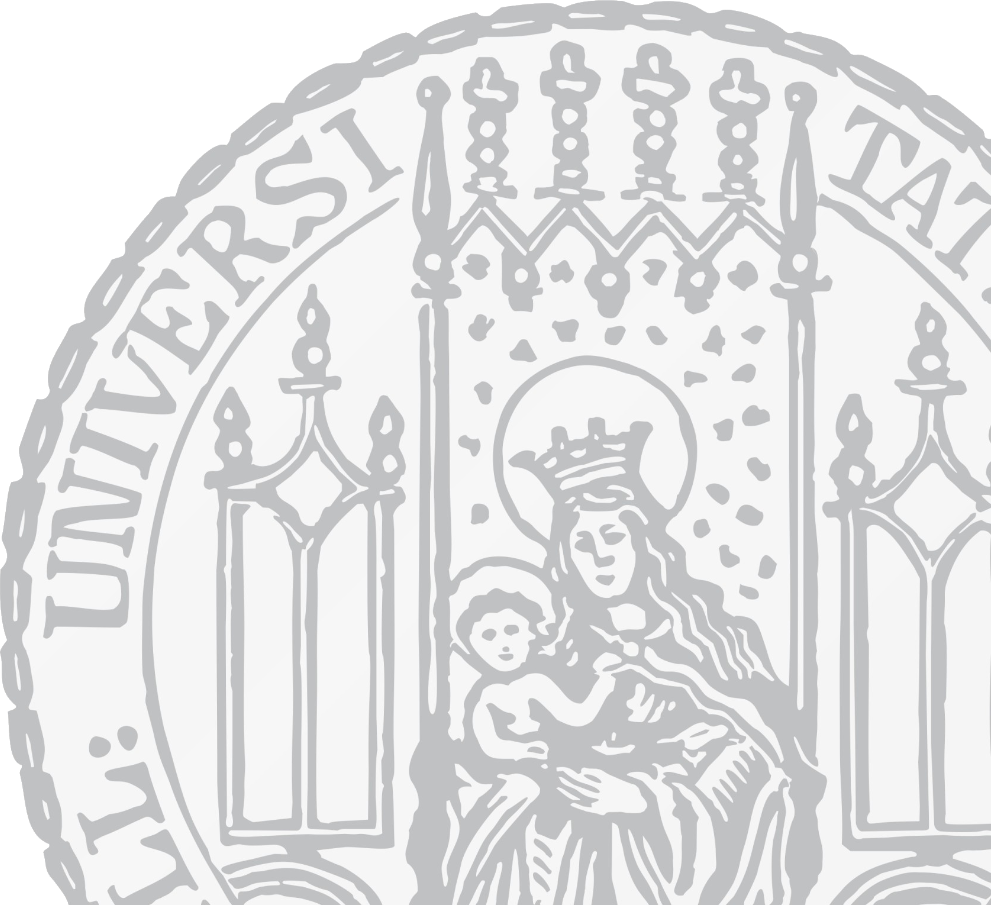
| Institution | Faculty for the Study of Culture - Institute for Digital Cultural Heritage Studies |
| Remuneration group | TV-L E13 |
| Full-time / Part-time | Full-time (100%) |
| Start date | 2025-10-01 (Contract term: three years) |
| Application deadline | 2025-07-27 |
About us:
The Institute for Digital Cultural Heritage Studies (IDCHS) is a unique research and teaching unit within the European higher education landscape, dedicated to advancing transformative research on the ancient world through technology and digital engagement. Its mission is to address 21st-century societal challenges while expanding the frontiers of digital scholarship in Heritage Science and Archaeology.
We invite applications for a Postdoctoral Researcher to join our team and work on EXCALIBUR, a Horizon Europe-funded project focused on applying advanced AI technologies in the cultural heritage (CH) domain. EXCALIBUR utilizes the European Collaborative Cloud for Cultural Heritage (ECCCH) infrastructure to develop innovative tools and methods for creating digital twins (DTs) of cultural heritage objects from burial excavations and related documentation. These DTs enhance the study, conservation, and restoration of cultural heritage context held in European collections or museums. By bridging gaps in research, practice, and stakeholder engagement, EXCALIBUR transforms how bioarchaeological findings are studied and shared, connecting them with artefacts, sites, and burial traditions to deepen understanding of past populations and support the ECCCH’s vision.
We are looking for you:
Postdoctoral Researcher in Artificial Intelligence for Cultural Heritage and Archaeology (m/f/x)
in Munich
Your tasks and responsibilities:
The Postdoctoral Researcher will contribute to several core research activities of EXCALIBUR led by IDCHS and supported by other project partners.
AI Landscape Mapping and Dataset Preparation in Cultural Heritage
The Postdoctoral Researcher will investigate and map the landscape of AI algorithms currently applied in the CH sector, while exploring promising methods from other disciplines that could be adapted for CH applications. This includes studying the role of AI in digitization, preservation, and reuse of cultural assets. The Postdoctoral Researcher will work closely with project partners to curate and prepare multimodal datasets, including CT scans, 2D/3D representations, and digital twins, which will be used in early-stage system training and experimentation.
AI Techniques for the Reconstruction of Burial Objects
The Postdoctoral Researcher will develop and test AI-driven solutions for reconstructing fragmented or incomplete digital models of burial-related cultural artifacts. This research involves aligning 3D surface scans with volumetric CT data to support accurate fusion of multimodal representations. The Postdoctoral Researcher will also design and implement mesh decimation workflows to enhance efficiency and usability. Open-source tools such as MeshLab, Drishti, and ImageVis3D will form part of your technical toolkit.
Advanced AI and LLMs for Knowledge Enrichment and Interaction
In the later stages of the project, the Postdoctoral Researcher will explore the use of advanced AI, particularly large language models (LLMs), for enriching and sharing cultural heritage knowledge. This will involve generating semantically rich metadata that captures iconographic, symbolic, and cultural information. A key innovation will be the development of a question-answering chatbot that integrates with a knowledge graph (KG) and employs agentic AI and orchestration algorithms to provide culturally contextualized responses about artworks and artifacts.
In addition to the above research activities, the successful candidate will:
- Teach courses related to AI, ML, or data science in the humanities
- Work closely with Co-Investigator Nicola Lercari, another postdoctoral researcher, and a Ph.D. student at the LMU IDCHS, and the wider EXCALIBUR consortium, comprising fourteen partners across six EU countries
- Contribute to grant writing and dissemination activities
- Publish in peer-reviewed, high-impact journals or conference proceedings and contribute to the academic output of the IDCHS
Your qualifications:
- PhD (completed by October 1st) in Computer Science, Digital Humanities, Digital Heritage, Statistics, Data Science, or a related field with a focus on cultural heritage applications
- Excellent written and spoken English communication skills
- Strong proficiency in Python
- Demonstrated experience with machine learning and knowledge representation methods
- Familiarity with Cultural Heritage digitization workflows and multimodal datasets
Preferred Qualifications
- Proficiency in data science applications dealing with cultural data
- Experience with 3D/2D asset reconstruction, semantic metadata, or Linked Open Data
- Interest or background in Large Language Models, symbolic AI, or agentic systems
- Proficiency with CH-specific tools (e.g., MeshLab, Drishti, ImageVis3D)
- University-level teaching and student supervision experience.
Benefits:
- The opportunity to advance your academic career at the LMU IDCHS, a dynamic, internationally connected team working at the forefront of Heritage Science and technology.
- Work in close collaboration with the EXCALIBUR project partners, including renowned research centers, universities, and cultural institutions in Germany, the Netherlands, Greece, Cyprus, and Italy.
- The position and salary are based on a TV-L E13 position at 100% for a period of three years.
- Training and development opportunities
- Our institute is located in the heart of the lively and globally diverse city of Munich with excellent public transportation connections.
- Flexible working hours
- Support in relocating to Munich through the LMU Gateway office.
LMU Munich is an equal opportunity employer committed to excellence through diversity, and therefore explicitly encourages women to apply.
Also possible in a part-time capacity.
People with disabilities who are equally as qualified as other applicants will receive preferential treatment.Contact:
Please submit your application comprising the documents listed below as a single PDF (up to 15 MB) via e-mail only to jobs-research@dkes.fak12.lmu.de, by July 27, 2025. For questions regarding the position, you may contact Prof. Nicola Lercari at n.lercari@lmu.de.
Completed applications will include:
- Cover letter
- Curriculum vitae
- Research statement (max. 3 pages) outlining a potential line of research aligned with the position’s focus
- Names and contact information for three academic references
- Proof of academic degrees (e.g., diplomas, unofficial transcripts, etc.)
- Three writing samples or other relevant documents (e.g., thesis excerpt, published articles, or conference proceedings)
- Link to a Digital Portfolio (as applicable)
Where knowledge is everything.
LMU researchers work at the highest level on the great questions affecting people, society, culture, the environment and technology — supported by experts in administration, IT and tech. Become part of LMU Munich!

